(joint letter sent to the Home Secretary today)
As faith representatives, we support the ongoing efforts of Sarah Champion MP who has asked the government to take further steps in tackling the issue of child sexual exploitation. A recent letter coordinated by Champion dated 25 May 2018, and co-signed by a group of 20 cross party politicians requests the Home Secretary and Minister for Children and Families to do more for the victims of Britain’s sexual grooming gang epidemic.[1]
The cross party group have requested the Home Secretary pays heed to the 2015 report Tackling Child Sexual Exploitation,[2] and have asked the government to commission research into better understanding the ‘operation and motivation’ and ‘drivers’ behind sexual grooming gangs. We believe this is important, however we also believe some aspects of the ‘motivation’ and ‘drivers’ behind sexual grooming/child rape gangs are already abundantly clear.
Firstly earlier this year, a survivor of these rape gangs has confirmed she was targeted for being a ‘white slag’, because she was ‘non-Muslim’.[3] Judges like Gerald Clifton who sentenced men in Rochdale in 2012, made a similar observation in sentencing remarks. He said the Muslim men had targeted their victims because they were not part of the offenders’ ‘community or religion.’[4] A (2017) report from counter-extremist think tank Quilliam looked at 58 grooming gang cases since 2005, and found 84% were ‘Asian’, of which the majority were comprised of men ‘of Pakistani origin, with Muslim heritage.’[5]
This analysis was preceded by the Jay report into Rotherham (2014), which concluded, ‘agencies should acknowledge the suspected model of localised grooming of young white girls by men of Pakistani heritage, instead of being inhibited by the fear of affecting community relations.’[6] The report concluded an estimated 1,400 children, (mainly white girls) had been abused by predominantly British Pakistani men. Muslim girls are rarely targeted, and despite authorities failing to recognise the phenomenon, Sikh and Hindu communities have been complaining about ‘grooming’ since the 1980s.
We as faith communities want the government to do the right thing and call out the motivation for the majority of sexual grooming gangs for what it is. We believe the evidence overwhelmingly points to an inconvenient truth. That is: non-Muslim girls (this includes Sikh, Hindu and Christian girls) have been systematically targeted in Britain due to a form of religiously motivated hate. We must have the courage to face the reality if we are serious about finding a solution to Britain’s sexual grooming gang epidemic. We support Baroness Warsi’s brave stance when she said, “a small minority” of Pakistani men see white girls as “fair game”,[7] and ask the government to help the Muslim community tackle this stain on an otherwise law-abiding community, with appropriate funding if necessary.
Signatories:
Lord Singh of Wimbledon – Network of Sikh Organisations
Wilson Chowdhry – British Pakistani Christian Association
Satish K Sharma – National Council of Hindu Temples
Trupti Patel – Hindu Forum of Britain
Ashish Joshi – Sikh Media Monitoring Group
Mohan Singh – Sikh Awareness Society
[Ends]
[1] https://news.sky.com/story/rotherham-child-abuse-whistleblower-victims-are-being-forgotten-11388560
[2]https://assets.publishing.service.gov.uk/government/uploads/system/uploads/attachment_data/file/408604/2903652_RotherhamResponse_acc2.pdf
[3] https://www.independent.co.uk/voices/rotherham-grooming-gang-sexual-abuse-muslim-islamist-racism-white-girls-religious-extremism-a8261831.html
[4] https://www.manchestereveningnews.co.uk/news/local-news/you-preyed-on-girls-because-they-were-687987
[5] https://www.quilliaminternational.com/press-release-new-quilliam-report-on-grooming-gangs/
[6] http://www.rotherham.gov.uk/downloads/file/1407/independent_inquiry_cse_in_rotherham
[7] http://www.bbc.co.uk/news/uk-politics-18117529


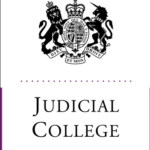 The Judiciary College have published an ‘Equal Treatment Bench Book’, which has come to our attention through our team of Sikh prison chaplains. The document is 422 pages long and aims ‘to increase awareness and understanding of the different circumstances of people appearing in courts and tribunals.’ Notably the updated version contains new sections on Islamophobia, antisemitism, modern slavery and what’s described as ‘multicultural communication.’
The Judiciary College have published an ‘Equal Treatment Bench Book’, which has come to our attention through our team of Sikh prison chaplains. The document is 422 pages long and aims ‘to increase awareness and understanding of the different circumstances of people appearing in courts and tribunals.’ Notably the updated version contains new sections on Islamophobia, antisemitism, modern slavery and what’s described as ‘multicultural communication.’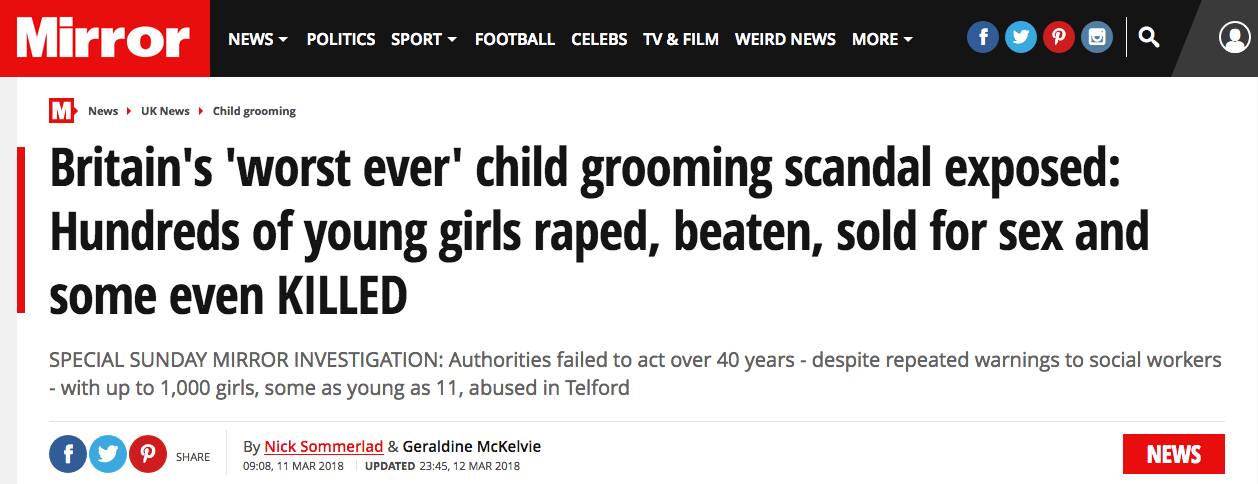
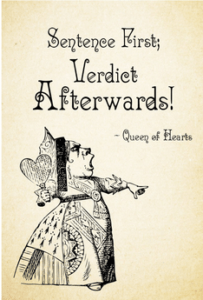 Britain’s decision to take military action against Syria is like Alice in Wonderland: ‘sentence first-verdict afterwards’, says Lord Singh
Britain’s decision to take military action against Syria is like Alice in Wonderland: ‘sentence first-verdict afterwards’, says Lord Singh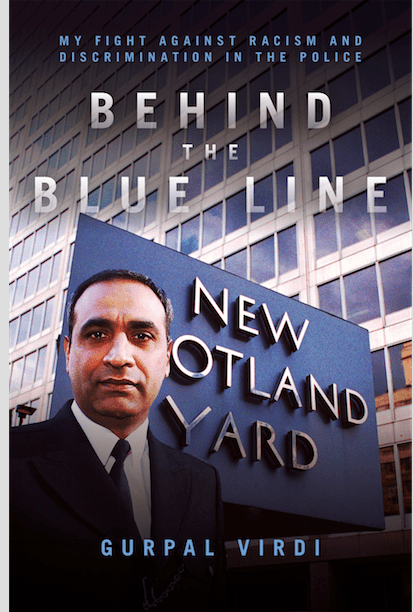
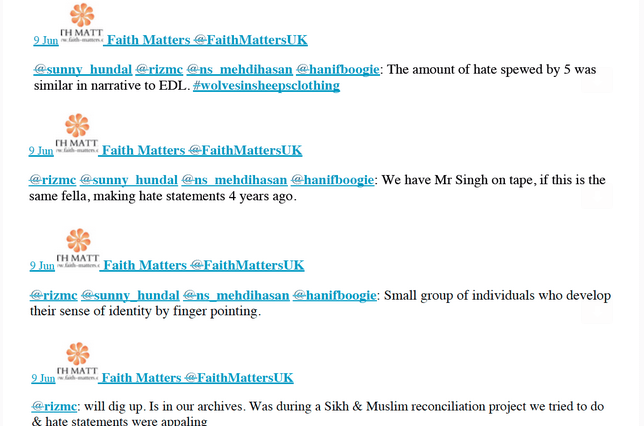
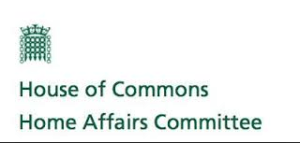 The Home Affairs Committee inquiry into hate crime and its violent consequences have published our second piece of written evidence which can be viewed
The Home Affairs Committee inquiry into hate crime and its violent consequences have published our second piece of written evidence which can be viewed 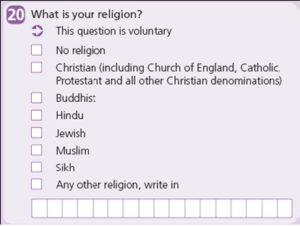 Background: Iain Bell Deputy National Statistician for Population and Public Policy at the Office for National Statistics (ONS) had been invited to the gurdwara over the weekend to discuss concerns felt by the committee over attempts to categorise the Sikh community as an ethnic group. This was as a private meeting to be held with a few members of the committee. An invitation had also been extended to Lord Singh of Wimbledon. As he was not a member of the committee, he first obtained clearance from Iain Bell that it would be OK for him to attend.
Background: Iain Bell Deputy National Statistician for Population and Public Policy at the Office for National Statistics (ONS) had been invited to the gurdwara over the weekend to discuss concerns felt by the committee over attempts to categorise the Sikh community as an ethnic group. This was as a private meeting to be held with a few members of the committee. An invitation had also been extended to Lord Singh of Wimbledon. As he was not a member of the committee, he first obtained clearance from Iain Bell that it would be OK for him to attend.